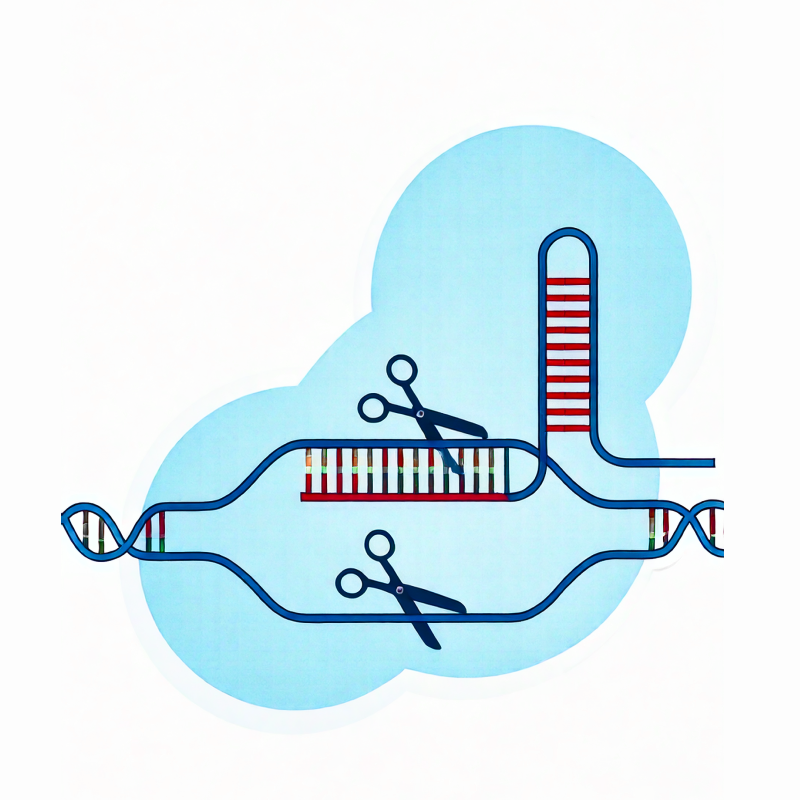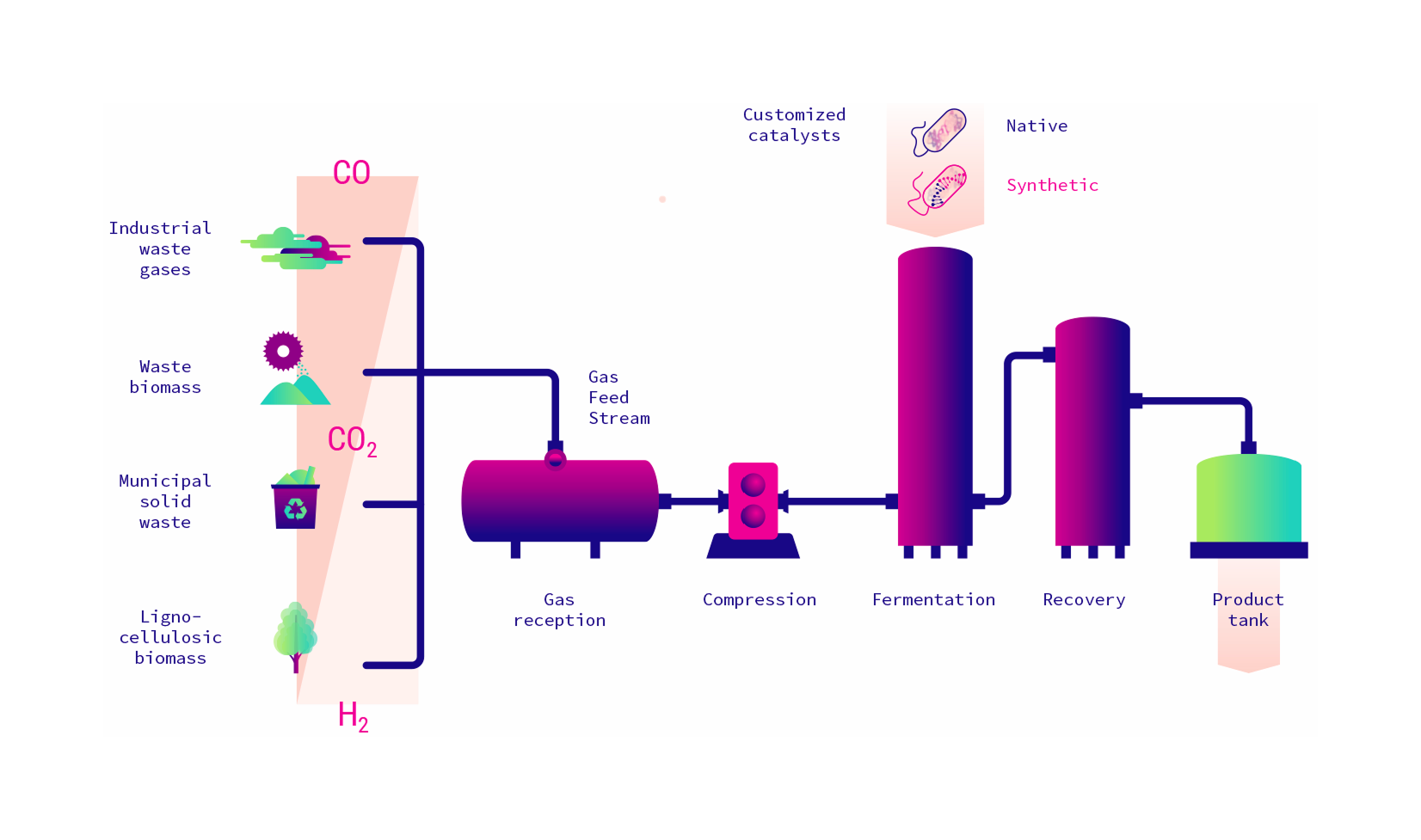
Research
Research Approach
Our research focuses on advancing gas fermentation through its integration with systems and synthetic biology. We aim to accelerate the understanding and engineering of gas-fermenting microbes by applying our state-of-the-art gas fermentation facility and systems and synthetic biology platforms. We also work towards automation of these processes.
Gas Fermentation

Systems Biology

Synthetic Biology

Ongoing Projects
Next-generation engineering of gas-fermenting cell factories through large-scale systems-level maps
The project GENESYS funded by the European Research Council (ERC) aims to engineer superior gas-fermenting cell factories through revolutionising systems-level understanding of acetogens and pioneering a new workflow for making large-scale arrayed CRISPR-engineered microbial strain libraries.
Valorisation of various waste sources into fuels and chemicals using an integrated gasification-gas fermentation platform
The project TEM-TA104 funded by the Estonian Research Council aims to develop an integrated gasification-gas fermentation platform for valorising different types of local waste (plastic, wood, straw, CO2) into chemicals and fuels using gasification and gas fermentation capacities of the partners.
Energy efficient and resilient food production system: using hydrogen-oxidizing bacteria to convert CO2 to protein
The project HERO-Protein funded by NordForsk and the Estonian Research Council aims to develop a novel food system that is independent of fossil-based energy, weather conditions, or land use, and that can reduce greenhouse gas emissions.
Centre for Digitalisation of Biology Towards the Next-Generation of Biosustainable Products
Within the project DIGIBIO funded by the European Commission, we aim to advance acetogen metabolic engineering by cell-free approaches to explore a larger space of genetic designs.
See ETIS for previous projects of ValgepeaLab with details
What is gas fermentation?
Gas fermentation is a bioprocess for recycling carbon oxides (CO and CO2) from waste feedstocks (e.g. industrial waste gases, municipal solid waste, biomass) into fuels, chemicals, materials, and protein using gas-fermenting microbes. Non-gaseous feedstocks can be converted to syngas (CO, CO2, and H2) through gasification. The technology for acetogen gas fermentation has been commercialised by LanzaTech.
